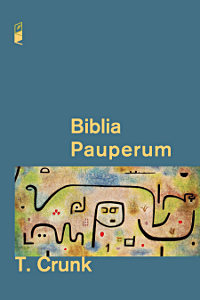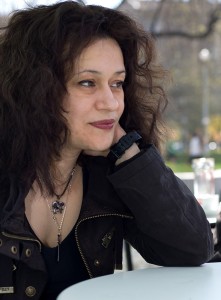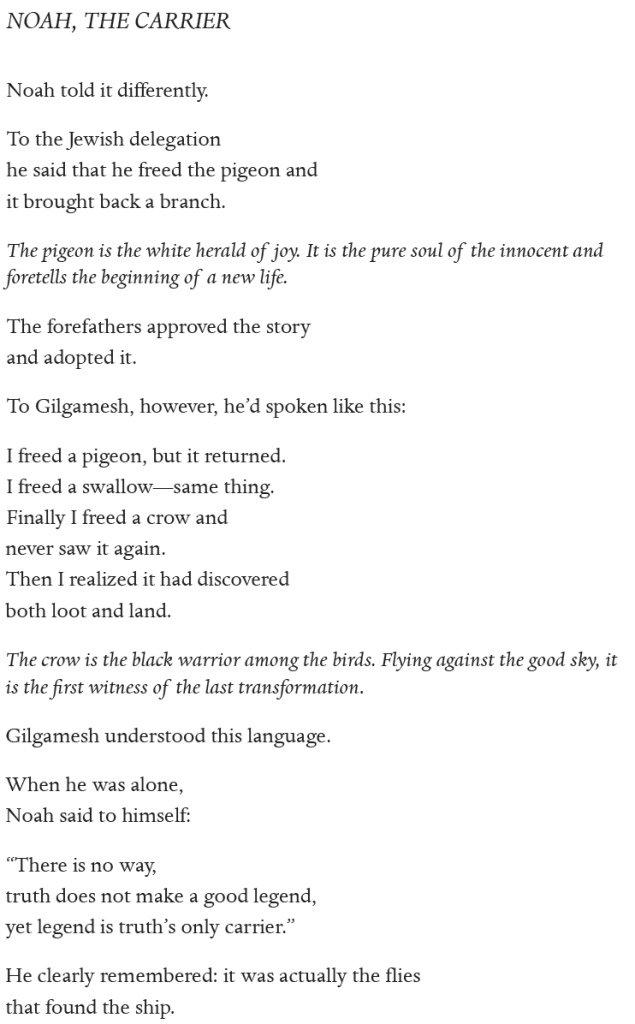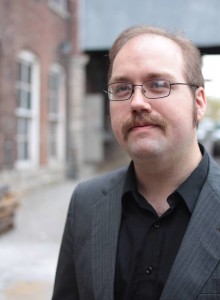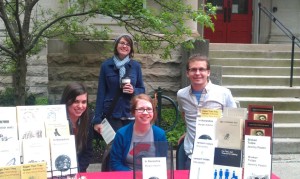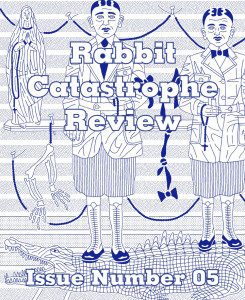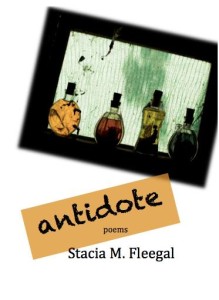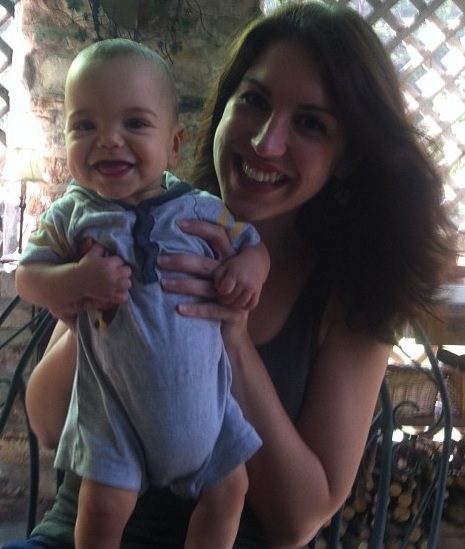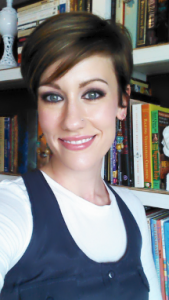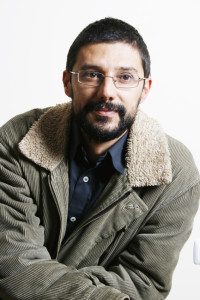 Katerina Stoykova-Klemer interviewed poet Yordan Efftimov for The Season of Delicate Hunger: Anthology of Contemporary Bulgarian Poetry. Here is her translation of that conversation.
Katerina Stoykova-Klemer interviewed poet Yordan Efftimov for The Season of Delicate Hunger: Anthology of Contemporary Bulgarian Poetry. Here is her translation of that conversation.
What would you like for the American readers to know about Bulgarian poetry?
Even though The Season of Delicate Hunger is an anthology, collected on the basis of language and nationality—it contains poems originally written in Bulgarian and by Bulgarians—there is hardly anything in it that apparently melds all the poems together. If someone feels that there is, he must be certain that this is a figment of his imagination. His own illusion. Therefore I’d be happy if the American reader finds a Bulgarian author worthy of his own list of favorite authors. That would be an act of free will (unless he has a wife or a husband who is Bulgarian—then there is no opportunity for free choice). That would be enough—the possibility of seeing a masterpiece in unfamiliar literature. I also say that because in Harold Bloom’s long list of great books, The Western Canon, there is not a single Bulgarian one—proof that Bulgarian poetry is among the uncharted territories for the American audience.
What would you like for the American readers to know about you personally?
Nothing. The more they know, the narrower the meaning of my work would be. If they know that I have asthma, they’d say: “Oh, so that’s why breathing appears with such gravity!” Breathing may truly appear due to the author’s illness, but if we interpret it more universally, we won’t lose the accrued benefits of reading.
Is there an American poet who has influenced you or has made an impression on you? How do you interact with American poetry?
I belong to a generation that was becoming familiar with world poetry at the end of the 80s and the beginning of the 90s. At the time, I was in my early 20s. At the very end of the communist regime, the very first anthology of American poetry from the 20th century was published in Bulgarian—A Feast After the Last Supper. That anthology was one of the big events in my life as a reader. I have borrowed some literary devices from Kenneth Koch, Robert Creeley… Then I read Whitman—I was especially inspired by “The Sleepers”—and I immediately wrote a poem as an act of respect.
Many are the American poets who have influenced me and whom I’ve tried to translate. Even those who are not considered significant poets at all—John Updike for example. Yes, he writes poetry, as well—sometimes at a very high level.
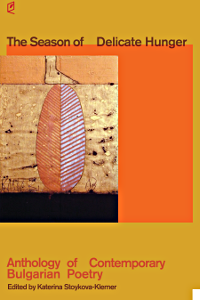 THE HEART IS NOT YET A CREATOR
THE HEART IS NOT YET A CREATOR
Because of the summer season
the bestselling newspaper wrote
about the terrible noise
an unknown couple was raising nightly in this plot.
In the heart of the night
they’d make hideous love
on top of randomly chosen graves.
This advertisement for the cemetery
was the only occasion
for mentioning love.
by Yordan Efftimov
translated by Katerina Stoykova-Klemer
What forms of cultural exchange between Bulgaria and the U.S. would you find interesting, practical and helpful?
I have no idea. I’m neither an administrator in an emperor’s chancellery, nor a vendor at a flea market. I remember this one time when I introduced a Macedonian publisher and a Bulgarian publisher. Macedonia is a country bordering Bulgaria, and for many Bulgarians the Macedonian language is only a dialect of Bulgarian. Thus, we’re talking about relatives here. So, I introduce the person from Skopje to the person from Sofia (even the names of the capitals sound similar) and the Bulgarian immediately starts offering to export books to Skopje for the smaller Macedonian population, which perhaps do not have enough translators and translations from whatever language. He even suggests to the Macedonian that he could help him open a bookstore in the foreign country. In short, the Bulgarian unexpectedly found himself in the role of colonizer, an agent from a greater civilization, who decided to shoulder the cross of exporting culture. The Macedonian, however, took the role of a clearheaded businessman. “In our country right now there is a deficit of toilet paper,” he declared in all seriousness. “Let’s become the intermediaries of toilet paper between the largest Bulgarian producer and the Macedonian market.”
What do you wish for the anthology and its readers?
In one interview, the British writer Ian McEwan had to answer the question “What is your favorite word?” And he answered, “Waiter!” Well, that’s not a word, but an entire exclamation—the punctuation becomes part of the favorite word. Thus, maybe I also have to say: “Bon Appétit!” and in the wish, to add a bit of insistence.
The Season of Delicate Hunger is available now.
Yordan Efftimov was born on January 23rd, 1971 in Razgrad. He holds a Ph.D. in Bulgarian literature from St. Kliment Ohridski University. He teaches theory of literature in New Bulgarian University in Sofia. Yordan has worked as an editor and columnist, and has hosted radio and television literary programs. He is the author of eight books of poetry, most recently The Heart is Not a Creator (2013), along with five monographs and two textbooks on modern and ancient literature. He lives and works in Sofia.

